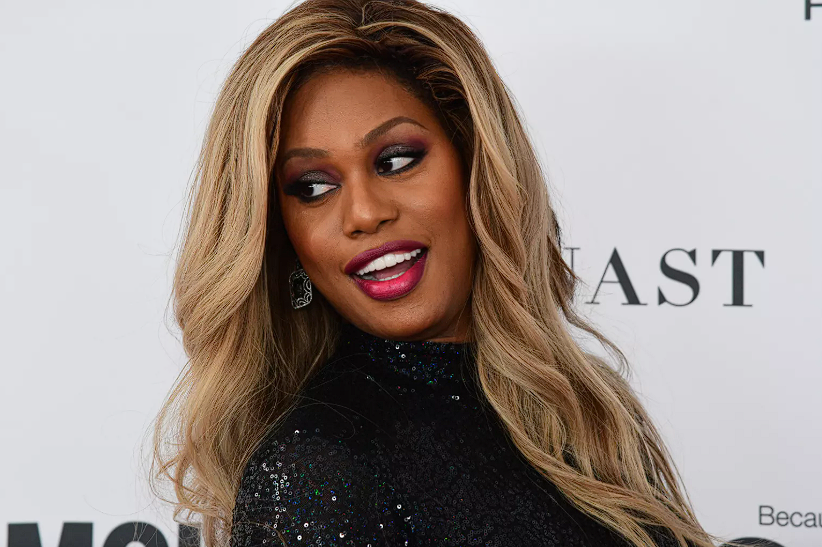Last month, Emmy-winning actress and trans activist Laverne Cox shocked fans with a deeply personal confession: she once had a three-year relationship with a white, MAGA-supporting police officerstarting during the 2020 lockdowns.
Promoting her upcoming show at City Winery in New York, Cox teased the story in a TikTok video. The reactions were instant and intense, ranging from disbelief and disappointment to empathy and nuanced discussion. The backlash highlighted a familiar truth: even beloved Black trans women can be swiftly thrown under the bus when they reveal complicated or controversial personal truths.
But instead of shying away, Cox leaned into the conversation.
@thedominiquemorgan I want to say that I likely won’t be giving you the type of response people want me to give or my response may feel like it’s not an alignment with who you believe me to be. I want to make it clear that my perspective is aligned with my belief that sacrificing my authenticity, my humanity, even my messiness to be a perfect activist or a perfect representative of my community – is not the freedom that I believe we’re fighting for. I will take messy authentic maybe even cringy @Laverne Cox ♬ original sound – Dominique Morgan
From “Calling Out” to “Calling In”
This weekend, Cox joined the Olay & Friends YouTube show, hosted by lawyer and activist Olayemi Olurin, to address the situation head-on. The panel was stacked with powerful voices, including:
- Kat Blaque – Trans YouTuber & commentator
- Dominique Morgan – Incarceration abolitionist
- Hope Giselle – Activist
- Da’Shaun L. Harrison – Author of Belly of the Beast
- Quei Tann – Actress
The goal? Not to shame, but to dig deeper into what her story says about love, identity, and politics.
@katblaque Just giving a bit of what I think is nuance to the conversation #lavernecox ♬ original sound – Kat Blaque from YouTube
The Viral Moment That Sparked Debate
Part of the controversy came from timing. Just before her confession went viral, Cox criticized Kamala Harris’s campaign for collaborating with Republican figure Liz Cheney—a critique she made during an appearance on Ts Madison’s Outlaws podcast.
Then came the personal reveal, prompting Quei Tann’s now-infamous line:
“You’re upset that Kamala brought a Republican [Liz Cheney] onto her campaign, but you don’t understand why people are upset that you brought a Republican inside of you?”
The Relationship Details
Cox clarified she met her ex on Tinder in 2019 but didn’t meet in person until summer 2020. At first, she thought he worked in “commercial real estate.” She didn’t discover he was a cop—or his politics—until November 2020, around election time. By then, she admitted, she was already emotionally invested.
“This is the gag,” Cox said, “he treated me better than I’ve ever been treated before…”
Nuance, Context, and Hard Questions
Dominique Morgan emphasized how Cox’s age and Southern upbringing could shape her dating experiences.
Kat Blaque discussed the allure and danger of being pursued by conservative men as a Black trans woman:
“When your experience is being fetishized, being othered, being excluded, these men—who seem more traditional can make it feel like something real.”
This led to the night’s central question:
Can we truly love someone who is politically opposed to our liberation?
Morgan expanded the discussion to include the dangers trans women face even from men within their communities—those who desire trans women in private but disrespect them in public.
Sex, Politics, and Safety
Cox also touched on the hypocrisy she sees in conservative culture, noting that red states consistently have the highest online searches for trans pornography. The panel explored how desire, politics, safety, and self-worth intersect and sometimes collide in the dating lives of Black trans women.
Why This Conversation Mattered
Instead of flattening Cox’s story into a “gotcha” moment, the panel modeled what genuine accountability can look like: holding space for truth, context, and complexity.
It was a reminder that healing and growth come from calling in, not tearing down.

